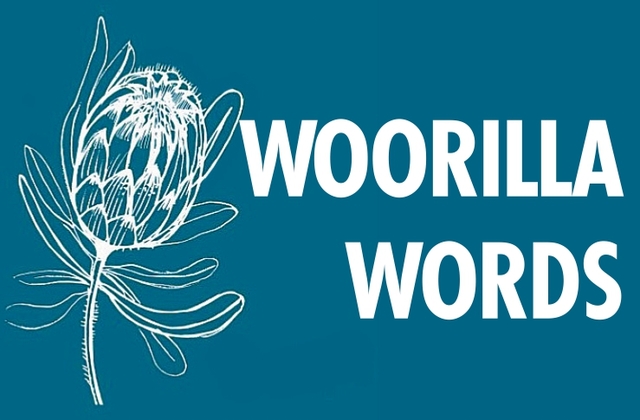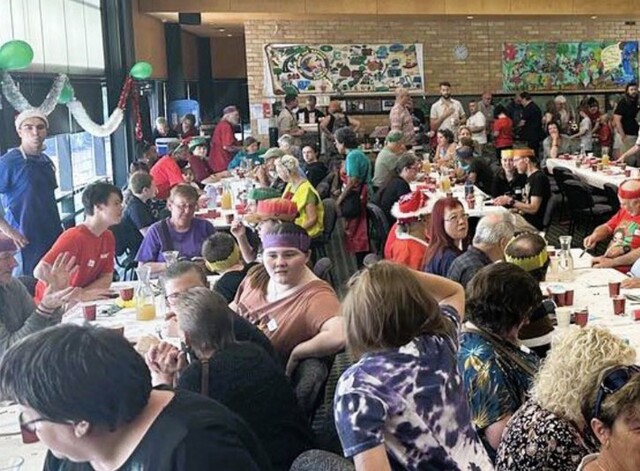At the time of writing no one has as yet come forward to claim last Thursday’s $100 million Powerball prize.
On the same day a single passenger, Viswash Kumar Ramish walked away from the fiery crash of a London bound Air India Boeing 787-8 Dreamliner in Ahmedabad where along with his brother Ajay 241passengears and crew died.
The plane after failing to take off came down in a highly built up area so there were significant on ground injuries and deaths, particularly at a nearby hostel for medical personnel.
At the time of writing there had been 270, bodies so far recovered.
An Australian reporter commenting on the tragedy rather unthinkingly made the insensitive remark that the sole survivor should now buy a lottery ticket.
Winning the lottery is purely random, based on chance, and doesn’t depend on any set path or purpose.
It’s all about the odds, and even the most careful planners or the most deserving people don’t have any control over it.
Luck is seen as a random or chance occurrence, something that happens without any predetermined cause or influence.
It’s usually associated with good or bad fortune that seems outside of your control.
Luck then seems the more appropriate word to speak about lottery winnings rather than about a tragedy?
The origins of the word go back to Middle Dutch in the 1400s, probably through gambling and trade, meaning good fortune chance and happiness.
Edna St. Vincent Millay is known for writing about love, fate, and the human condition.
In her poem “Luck”, she considers the randomness of fortune and the roles of chance and luck in life.
I shall not ask for luck,
That I may get the things I want,
But only for the skill to take
What I have been given, unafraid.”
Millay suggests that luck is an external force, but our true power lies in how we react to it—accepting what comes our way with grace, whether it’s good or bad.
So if not luck, how can we account for this one man surviving when everybody else including his brother perished? Rather than calling it luck, some may prefer to describe it as fate.
Emily Dickinson often wrote about life’s mysteries and the role of fate.
In ‘The Fates,’ she explores the idea that our lives are governed by forces beyond our control, represented by the mythical goddesses, the Fates of Greek mythology, who ‘spin, measure, and cut the thread of life.’
The Fates are with us – no matter what,
We cannot know but do what we must,
And, as they are, so we shall be.”
Here fate is portrayed as an inevitable, almost silent force that shapes our lives.
We must go on, regardless of how little control we may have.
Some people see fate as leading to specific outcomes regardless of choices, while others think fate just steers you toward certain events but still leaves room for personal action.
At the moment the reasons for this tragic event are in the first stages of investigation.
Vital information has to be gathered from the black box, final voice recordings from the pilots and a forensic examination of the remains of the aircraft.
But the fact that one man was able to walk away with minor injuries does beg answers.
Whether by choice or allocation Viswash had been seated in 11A, which was at the window of the emergency exit at the front.
His brother, Ajay, was in the same row but on the other side of the aircraft away from the exit.
Is it this what could have given Viswash the advantage to escape and survive?
And yet research suggests that, in general, the seats at the back of the plane are the safest place to be in a crash.
Reports say the plane ‘broke in half’, and he found himself in the front half while the rear caught fire.
He then staggered from the wreckage and was found by rescuers.
So was it fate?
When Viswash returns to home and family it can never be a totally joyous reunion.
There will always be that ‘missing chair at the family table.
And as he recovers he may experience what is sometimes called Survivor’s Guilt: the inevitable self- questioning of why me?
Was it fate that I survived?
Some survivors often feel burdened to live well for those who didn’t make it and in this case it being a brother there may be even more pressure to accomplish something.
Or perhaps even feel compelled to do so.
He could even feel that his survival was destiny Ada Limon ‘s poem explores how life can be embraced when it is filled with uncertainty or fated to be hard but still find joy and meaning in those fleeting moments of life.
You don’t have to be good.
You don’t have to walk on your knees
for a hundred miles through the desert, repenting.
You only have to let the soft animal of your body
love what it loves.”
Perhaps in time Viswash may be able to put his feelings into words.
While there are few publicly available poems from plane crash survivors, one poignant piece that captures the surreal and haunting aftermath of such an event is an excerpt from Jo Matsaeff’s a Plane Crash Survivor’s Diary.
“We must have crashed into a forest. It’s a lovely place if you don’t pay attention to the clothes hanging from the smashed windows. If you don’t pay attention to the human shapes hanging from the trees. Yes, it is a plane crash; but there are still bushes, leaves, damp grass, pretty rocks; burrows, branches and careful not to trip! Birds and clouds looking like things they’re not.”
So luck, fate and destiny though often used interchangeably play out differently in real life situations.
For Tracy K Smith fate suggests that even though there may be larger cosmic forces we are ultimately responsible for our direction.
The universe asks us to set our own goals, to put our hand to the plough, to build our own world from whatever material we can find, and if we look up for a moment and see the moon—we don’t know if it’s fate or luck, or just the moon.
As yet no one has claimed the Powerball $100 million prize.
We can only conjecture whether the winner will regard it as luck, fate or destiny and act accordingly.







